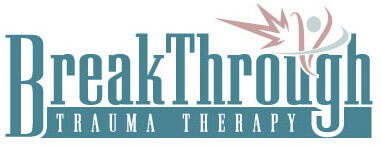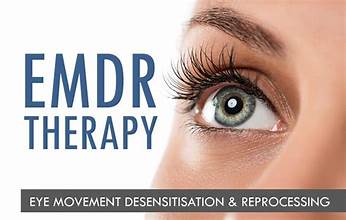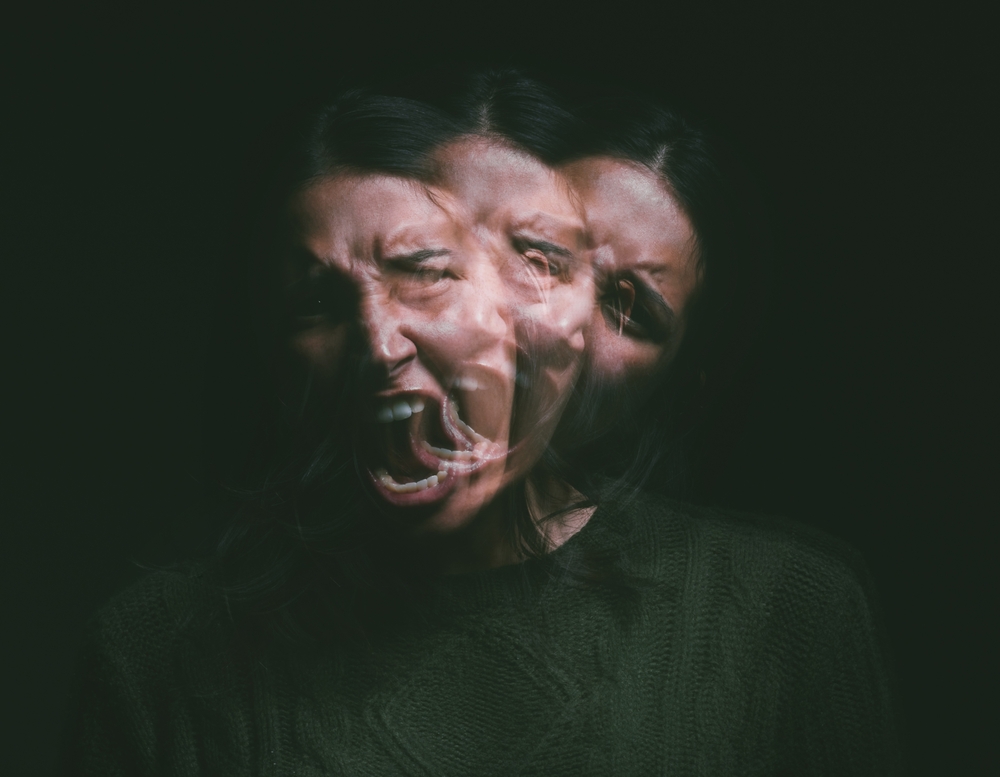Anxiety Therapy
Are You Constantly Feeling Anxious for No Apparent Reason?
- Does lingering worry interfere with the quality of your life?
- Are you unable to stop dreading, stressing, or fearing things or life events?
- Do bouts of fear and apprehension overwhelm you leaving you tired, restless, anxious, and hopeless?
 It is challenging to go through life when you are constantly anxious. It is one thing to become worried over finances, an upcoming speech, or meeting a deadline. However, it is completely a different thing to live with persistent anxiety attacks that erupt over nonexistent danger or threat. Your life hangs in limbo under the control of persistent concern and debilitating fear.
It is challenging to go through life when you are constantly anxious. It is one thing to become worried over finances, an upcoming speech, or meeting a deadline. However, it is completely a different thing to live with persistent anxiety attacks that erupt over nonexistent danger or threat. Your life hangs in limbo under the control of persistent concern and debilitating fear.
You cannot get a proper rest without anxiety alerting you to an unknown danger. Your focus at work gets reduced to frequent anxiety episodes. The anxious state limits your ability to function. Heart palpitations, high blood pressure, feelings of impending doom, and shallowness of breath are nerve-wracking symptoms to forebear frequently. Half the time, an anxious state feels like a heart attack suffocation. Frequent exposure to that kind of stress is not healthy for anyone.
Persistent and uncontrollable worry does not just wreak havoc on your mental frame. It is equally destructive to your physical health. It can trigger cardiovascular illnesses because your heart works overtime and your blood pressure keeps rising.
An anxiety disorder is also an impediment. It keeps you from living your full potential, taking risks, or venturing beyond your comfort zone. Anxiety does not have to dominate your life. You can manage your mental health with anxiety therapy.
Understanding Anxiety And Why Seeking Therapy Helps
Anxiety disorders are the most common form of mental illness in the US. Over 40 million adults have one form of this condition. Although a highly stressful environment increases your vulnerability to getting an anxiety disorder, stress is not the only reason people get anxious. Genetics, brain chemistry, and personality also increase your susceptibility to anxiety disorders.
Anxiety disorder, an severe form of anxious feelings, emerges either through prolonged exposure to stress or as a result of disruptions in brain function or genetic influences that hinder stress regulation. Anxiety advances when you do not take action before the condition worsens. Anxiety therapy provides a solid foundation for managing stress and addressing triggers, such as environmental factors, traumatic experiences, or ongoing life challenges.
Usually, what people call anxiety is Generalized Anxiety Disorder (GAD). About 15 million adults in America have GAD. Women are more likely to have this mental condition than men. GAD is persistent worrying that comes with more hypersensitivity to stress than the situation warrants.
Other anxiety disorders include
- Social anxiety disorder – this form of anxiety gets triggered when you are in a social setting. It presents as intense, irrational nervousness and worry because of socializing, making it impossible to develop and grow relationships with friends, family, colleagues, or people in general.
- Phobias – are excessive, persistent, and irrational fears about objects, situations, activities, or people.
- Post-Traumatic Stress Disorder (PTSD) – is an anxiety disorder that develops after a traumatic event because the body fails to process the situation.
- Obsessive Compulsive Disorder (OCD) – is a disorder where recurring and unwanted thoughts, sensations, or ideas called obsessions cause severe anxiety propelling someone to perform certain functions called compulsions repeatedly.
- Panic disorders – are uncontrollable repeated episodes of intense fear that occur unprovoked. They transpire quickly and suddenly, unlike an anxiety attack which develops gradually.
While these anxiety disorders may seem overwhelming, understanding and targeted therapy can pave the way for effective management and a path toward reclaiming control over these challenges.
How Anxiety Therapy Can Help
 Counseling is the best place to start if you have recurring anxiety and are looking for relief. Anxiety is a mental condition that requires a therapist’s expertise, guidance, and support. It is not advisable to self-treat because of the complexities of this condition.
Counseling is the best place to start if you have recurring anxiety and are looking for relief. Anxiety is a mental condition that requires a therapist’s expertise, guidance, and support. It is not advisable to self-treat because of the complexities of this condition.
Various treatments are available for anxiety disorders, tailored to each patient’s unique condition. Additionally, medication stands as a viable option to assist in the treatment process.
Cognitive Behavioral Therapy (CBT)
Anxiety does not begin out of the blue. It is a physiological response to danger or threats. Thus, it is a reaction to stresses in your internal and external environment.
Cognitive behavioral therapy (CBT) focuses on cognitive restructuring and behavioral modification to improve the severity of symptoms.
Everything begins in the amygdala, also known as the stress response center of the brain. It collects, interprets, and assigns meaning to information from your sensory organs, tissues, and cells. Once it detects danger, it initiates the stress response, otherwise known as anxiety.
A person with an anxiety disorder has a hyperactive amygdala that is too sensitive to stressors. Most times, the amygdala activates the stress response based on a false alarm. Furthermore, the amygdala overreacts when there is a distress signal because it is oversensitive.
The amygdala is responsive to your thoughts, emotions, and environment and acts as a central hub for processing information. It responds to worry, fear, and hypervigilance, triggering the experience of anxiety based on these inputs. CBT helps you learn to regulate your thoughts, feelings and behaviors. Your anxiety counselor guides you in identifying the source of your negative thinking pattern and false alarms. They also teach you techniques to raise your awareness toward the anomalies, counter erroneous beliefs, delay your response to thoughts and emotions, and rationalize the information received by the amygdala.
Your thoughts and emotions also have accompanying behaviors that can be detrimental or harmful. Excessively worrying about your safety can make you avoid social settings. You can also opt to drink or use drugs to calm your nerves or avoid dealing with the problem.
In CBT, you also learn to develop new beneficial habits like journaling, mindfulness, and meditation that calm you down while benefiting your physical and mental health. Your anxiety therapist teaches you skills and guides you in applying them practically until you develop mental resilience and are able to overcome stressors.
Dialectical Behavior Therapy (DBT)
Like CBT, DBT focuses on altering your thoughts and behaviors. Your anxiety counselor teaches you four essential skills that help you manage anxiety and reduce the severity of the symptoms. They include mindfulness, stress tolerance, interpersonal effectiveness, and emotional regulation.
Psychodynamic Therapy
Another form of anxiety disorder counseling is psychodynamic therapy. The counseling sessions are less structured compared to CBT. Your anxiety therapist guides you in exploring your past to find the root cause of your anxiety. The anxiety treatment enables you to identify childhood issues that feed on your present anxiety episodes, past conflicts manifesting in your present life, and ways to resolve the problems.
Exposure Therapy
Exposure therapy is one of the anxiety disorder treatments effective for treating phobias, PTSD, and social anxiety disorder. In this form of psychotherapy for anxiety, your counselor uses desensitization techniques that utilize your fears to reduce their impact on your mind and body. The exposure process starts gently and progresses gradually, moving from lower to more challenging levels. It is complemented by learning relaxation skills to effectively manage anxiety symptoms.
You May Still Have Questions About Anxiety Counseling
 Which is the best anxiety therapy?
Which is the best anxiety therapy?
Although CBT is the most widely used anxiety disorder treatment, other forms of counseling are equally effective. Anxiety disorder specialists determine the appropriate treatment for patients on a case-by-case basis. The type of treatment is tailored precisely to suit your individual condition.
Is medication required when treating anxiety?
Anti-anxiety medications or antidepressants are part of anxiety disorder counseling, especially with severe anxiety treatment. Your anxiety therapist determines whether medicine can significantly benefit your condition. Anxiety disorders cause a chemical imbalance in your brain. Medication brings the needed equilibrium, enabling counseling to be effective.
Is therapy only necessary for people with severe anxiety?
Anxiety is a progressive mental condition. Every episode worsens its severity. It also triggers other disorders like depression, substance abuse, and dysregulated eating. You are a good candidate for anxiety counseling if you are dealing with a stressful situation, are exposed to a highly stressful environment, or cannot handle life issues effectively.
Get Treatment for Your Anxiety Today
You do not have to carry the burden of persistent worry, intense fear, distress, and never ending alarms alone. Anxiety counseling can strengthen you to develop resilience over your fears. Find an anxiety counselor today and begin your journey toward mental health.



